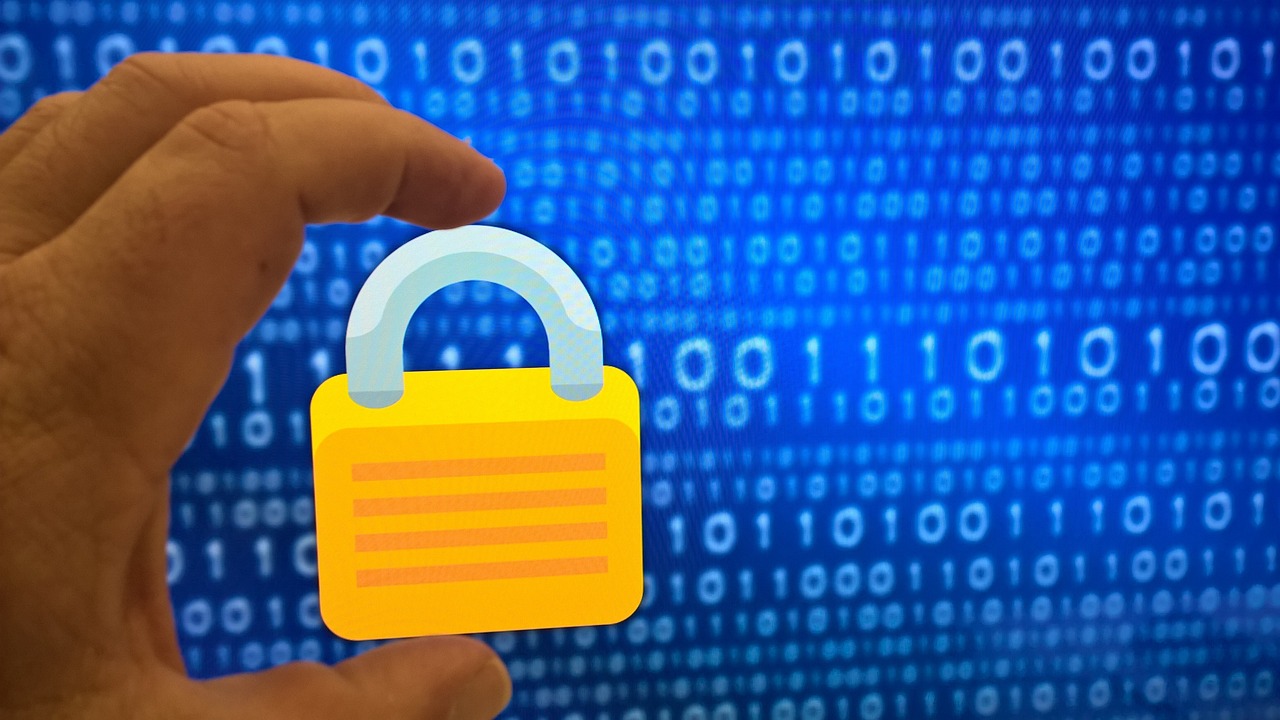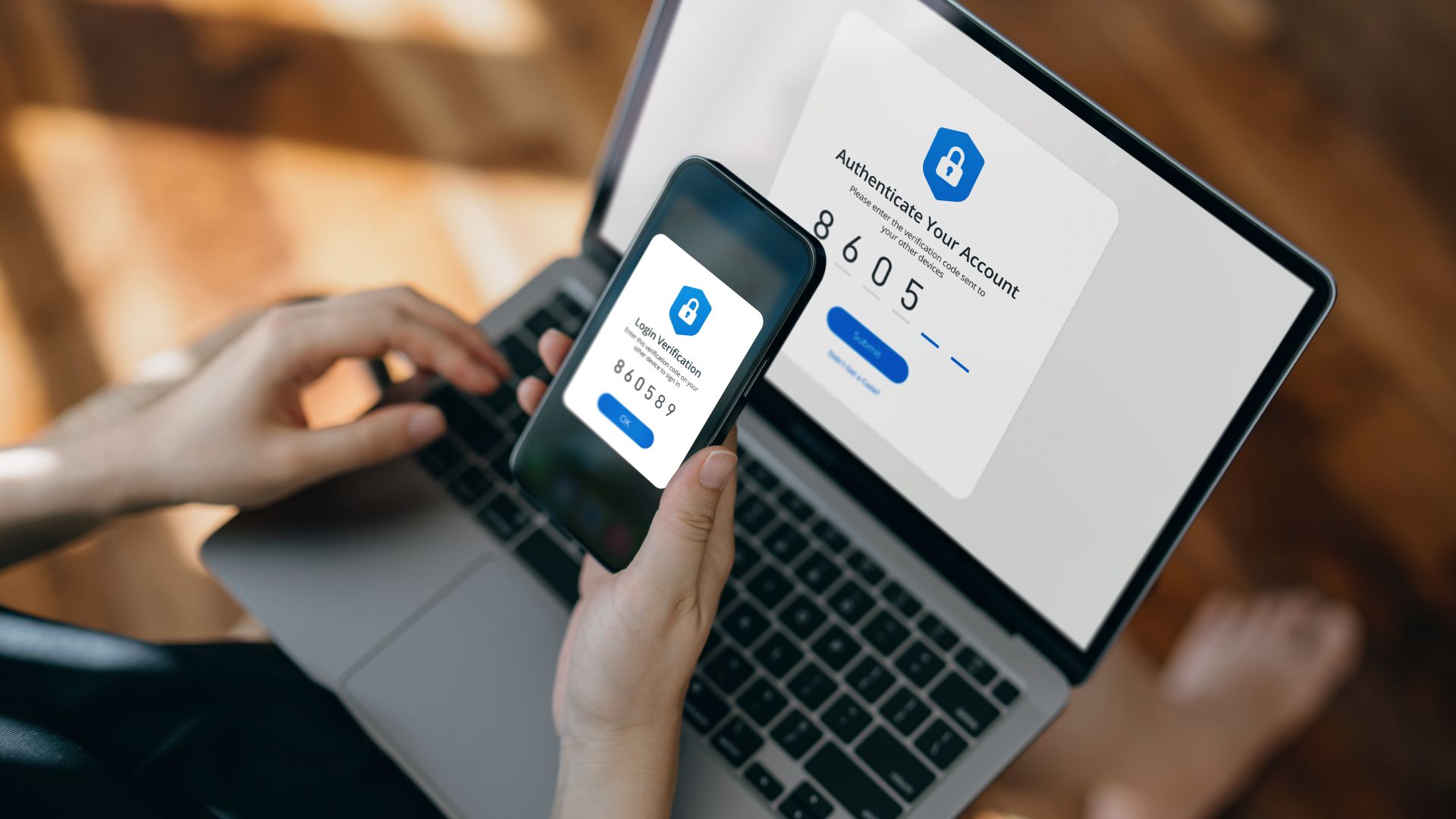
The New Year is almost upon us, and that means it's the perfect time to start crafting a fresh set of resolutions – which you definitely won't break immediately. While eating more healthily and exercising are certainly at the very top, we reckon improving your online privacy should be just as important.
Luckily for you, getting started improving your privacy happens to be a fairly straightforward process, involving just a handful of measures that are both easy to implement and stick with.
Keep reading to find out what they are, why you should absolutely include them in your online privacy checklist, and what tools you can get to boost your privacy right away.
Strong, unique passwords
The typical individual today has dozens, if not hundreds of online accounts under their belt, which is one of the biggest reasons why password management has emerged as a hot issue. Needless to say, reusing your passwords across multiple sites isn't a smart approach since a data breach on one site would then allow hackers to access other online accounts of yours through a process called credential stuffing.
Not only should you never recycle old passwords, but you should have a unique password for each website. The general rule is to have passwords that are at least 12-16 characters long and include a combination of uppercase and lowercase letters, numbers, and symbols.
The best part is that you don't have to come up with the passwords on your own. Instead, you can use a free password generator from reputable companies, like 1Password, Norton, Avast, and Bitwarden.
Now, given that you'll have a lot of passwords, how do you plan on remembering them all? We recommend using one of the best password managers, which will store all your passwords in one place and protect them with one very strong master password.
Use two-factor authentication
Two-factor authentication, or 2FA, makes it incredibly difficult for a crook to break into your account, even if they happen to have your password. The rationale behind using 2FA (or MFA) is that your password cannot be your first and last line of defense against cyberattacks and data breaches, which are more prevalent than ever.
It's also important to use the right type of 2FA. Although texted or voice-called codes, wherein you receive a four- or six-character code via SMS, have historically been the most common and popular 2FA method, they're also the least secure.
We recommend using code-generating authenticator apps instead, which, besides being incredibly safe, are super convenient, too. All you have to do is download a high-quality authenticator app – top choices include Authy, Duo Mobile, and Google Authenticator – and tie your online accounts to it.
Some of the biggest advantages include being able to use a single authenticator app for multiple accounts and not needing a cellular connection or Wi-Fi access to access the codes.

Enable encryption
Encryption is the lifeblood of digital communication as we know it. It's essentially what secures your data, including your emails and online messages, and prevents it from unauthorized access. The process, simply put, involves scrambling your data into an unreadable form, which then makes it unintelligible to potential interceptors.
This is why we recommend using apps like WhatsApp and Signal for your online communications since they employ rock-solid end-to-end encryption for not only their texts, but also voice and video calling. They don't store any of your messages on their servers, either, meaning your data would be safe even if the platforms themselves were to suffer a security breach.
Here, it's also worth noting the importance of the best VPNs, which encrypt everything you do online, including the messages you send via your browser, the sites you visit, and the platforms you log into.
In fact, using a future-proof VPN, like NordVPN and ExpressVPN, can help you protect yourself from Q-Day, which is when quantum computers advance to the point that they'd be able to “break the internet,” cracking all the encryption algorithms that safeguard almost all digital communication systems today.
Stay safe on public Wi-Fi
Although public Wi-Fi connections offer undeniable convenience, providing you with fast internet connectivity when you're out and about outside the comfort of your home Wi-Fi, they're infamous for being hotbeds for cybercriminal activity.
This is because they're mostly unsecure (open) networks, meaning connecting to them will open up your data to prying eyes, and bad actors can then snoop in to steal your sensitive information, such as login credentials and credit card information, for identity theft and financial fraud.
This is why you must absolutely use a VPN on public Wi-Fi. A VPN will encrypt your internet connection (which is what's lacking in public Wi-Fi networks), ensuring your data cannot be intercepted by snoopers.
Additionally, a VPN will also spoof your real IP address and replace it with a fake, temporary one. This will allow you to sidestep any tracking mechanisms put in place by public Wi-Fi networks, thereby preventing your data, such as browsing habits, from being collected by potentially malicious third parties.

Reject cookies
Rejecting cookies on the websites you visit is a small but significant way to crank up your online privacy. Cookies basically allow websites to memorize useful things about your visit, including the items you searched for and included in your shopping cart, the duration for which you were on the site, etc.
Although the goal of cookies, especially Session and Persistent cookies, is to enhance your online experience, they can pose a major threat to your right to privacy. This is particularly true for third-party or tracking cookies, which are designed to send sensitive user info, such as names, addresses, and a log of your online activities outside the purview of a specific site, to the tracker host. Simply put, these cookies can track your activities across multiple websites.
So, next time you visit a website and are greeted with a cookie prompt, be sure to disallow third-party cookies, which will massively reduce the number of potentially dangerous cookies that can be installed. Additionally, it's good practice to be aware of the privacy policies of the websites you visit. This is because oftentimes, sites may include the use of invasive tracking cookies in their legal disclaimers.
Use a data removal service
Data removal services, such as Incogni, are third-party companies that essentially help you track down your private data on the internet (on various websites, databases, and other online sources) and then get it removed, allowing you to reclaim your privacy.
These companies work by first scanning a list of websites and data brokers to zero in on the ones holding on to your data. Then, they send content removal requests to those parties on your behalf; they stronghold laws like the Californian CCPA and the European GDPR (which make it mandatory for data brokers to get rid of a person's private info upon request) to force the removal of your data.
It's worth noting that manually tracking down websites and data brokers that have your data and requesting them to delete it is a very difficult task.
Although data removal services may not come across as precautionary at first glance, using them from the outset can help you prevent potential misuse of your exposed data, which, if left unattended, could lead to identity theft, targeted advertising, financial fraud, phishing scams, and harassment.







